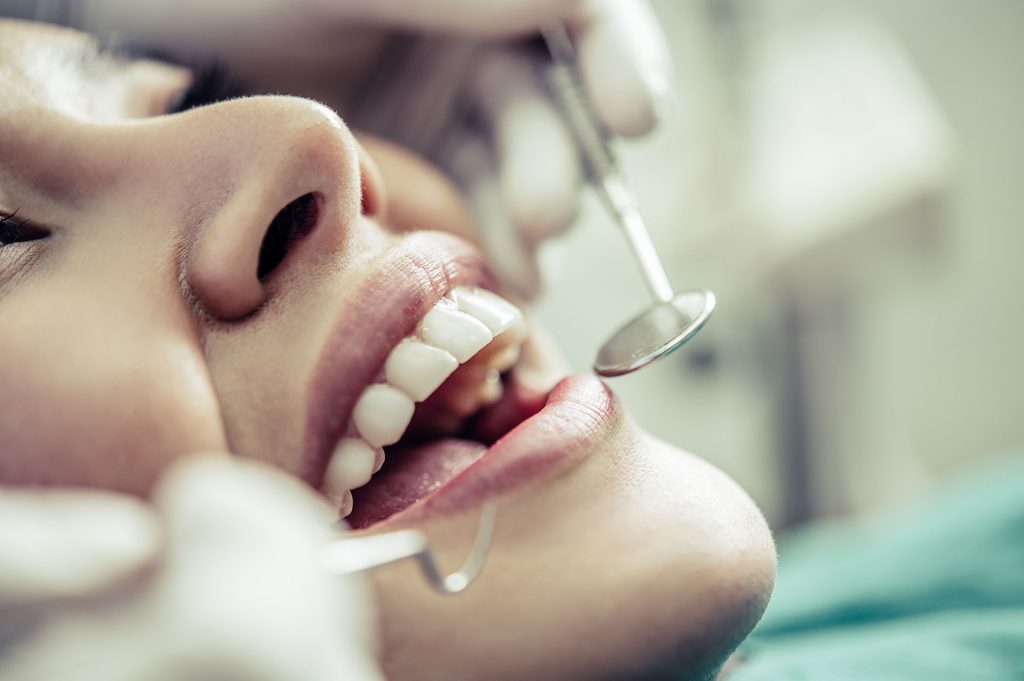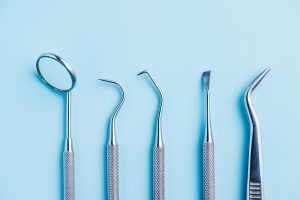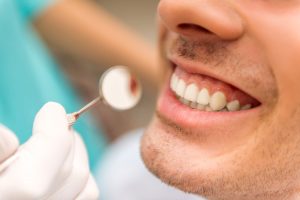Yes, pregnancy does affect your oral health.
Things you should do:
If you’re already pregnant, the best time to have dental treatment (for your health and your baby’s health) is between the 3rd to 6th month of the pregnancy. However, emergency dental treatment is safe at any time during pregnancy.
- Sweet food cravings or morning sickness will increase the chance of tooth decay and acid-attack damage to your teeth.
- The pregnancy hormones allow plaque on your teeth to do more damage. The gums can become more swollen, more red and can bleed more easily (“pregnancy gingivitis”). You can even get small gum growths next to some teeth.
- Recent research has shown that higher levels of decay-causing bacteria are passed to your new-born child. Your child may be more likely to suffer early childhood tooth decay.
Things you should do:
- Get a dental check-up, preferably before you’re pregnant, so any problems like gum infection or decay can be treated early.
- Clean your mouth thoroughly, twice a day, with fluoride toothpaste.
- Don’t rinse the toothpaste out of your mouth after you’ve brushed your teeth — the fluoride will continue to strengthen your teeth while it’s in your mouth.
- Drink fluoridated tap water.
- Don’t snack on sugary foods or soft drinks.
- If you vomit, rinse your mouth but don’t brush your teeth for at least 30 minutes. The stomach acid in your vomit can corrode your teeth, and if you brush your teeth before you rinse and wait, it’s like scrubbing your teeth with acid on your toothbrush!
- Don’t smoke.
If you’re already pregnant, the best time to have dental treatment (for your health and your baby’s health) is between the 3rd to 6th month of the pregnancy. However, emergency dental treatment is safe at any time during pregnancy.




